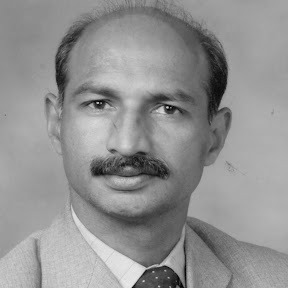By: Ataurehman Saman
Following the 12th general elections on February 8, 2024, Pakistan’s newly elected federal and provincial legislators have assumed office amidst a backdrop of uncertainty and political complexity. The nation, with a population of 247 million, witnessed 128.6 million registered voters, primarily composed of individuals under 45 years old. Voter turnout, as reported by the Free and Fair Election Network (FAFEN), stood at 47.6%, reflecting a significant portion of the electorate’s participation.
The absence of a clear mandate has characterized the aftermath of the elections. Pakistan Tehreek-e-Insaf (PTI) secured 92 seats, while Pakistan Muslim League (N) obtained 75 seats, and Pakistan People’s Party (PPP) clinched 54 seats. Despite PTI’s claims of an outright majority, allegations of widespread election rigging have surfaced, echoing similar grievances from the 2018 elections.
Internationally, the Election Commission of Pakistan (ECP) is perceived as independent, endorsed by organizations like the International Foundation for Electoral Systems (IFES). However, domestically, the ECP faces challenges in earning public trust. In light of this, there is a pressing need for electoral reforms to fortify democratic processes and avert potential crises in the future.
The impending expiration of the $3 billion IMF bailout package in April 2024 adds urgency to the task of stabilizing Pakistan’s economy. Concurrently, addressing the surge in terrorist activities presents another formidable challenge for the newly formed government.
Mitigating political tensions and fostering dialogue are essential endeavors to address these pressing issues effectively. Elections should transcend mere power acquisition, prioritizing the promotion of human rights and democratic values. Fragile governments are susceptible to human rights violations, underscoring the importance of political stability and unity.
The fragmented mandate from the Pakistani electorate underscores the need for political factions to unite and collaborate in navigating the country through these turbulent times. A broad political consensus is imperative to confront the significant economic and political challenges ahead.
About Author: Ataurehman Saman, is a renowned human rights activist with a distinguished record of advocating for religious minorities in Pakistan. He serves in a research and publication capacity at the National Commission for Justice and Peace, leveraging his expertise to amplify marginalized voices through scholarly publications and articles.


